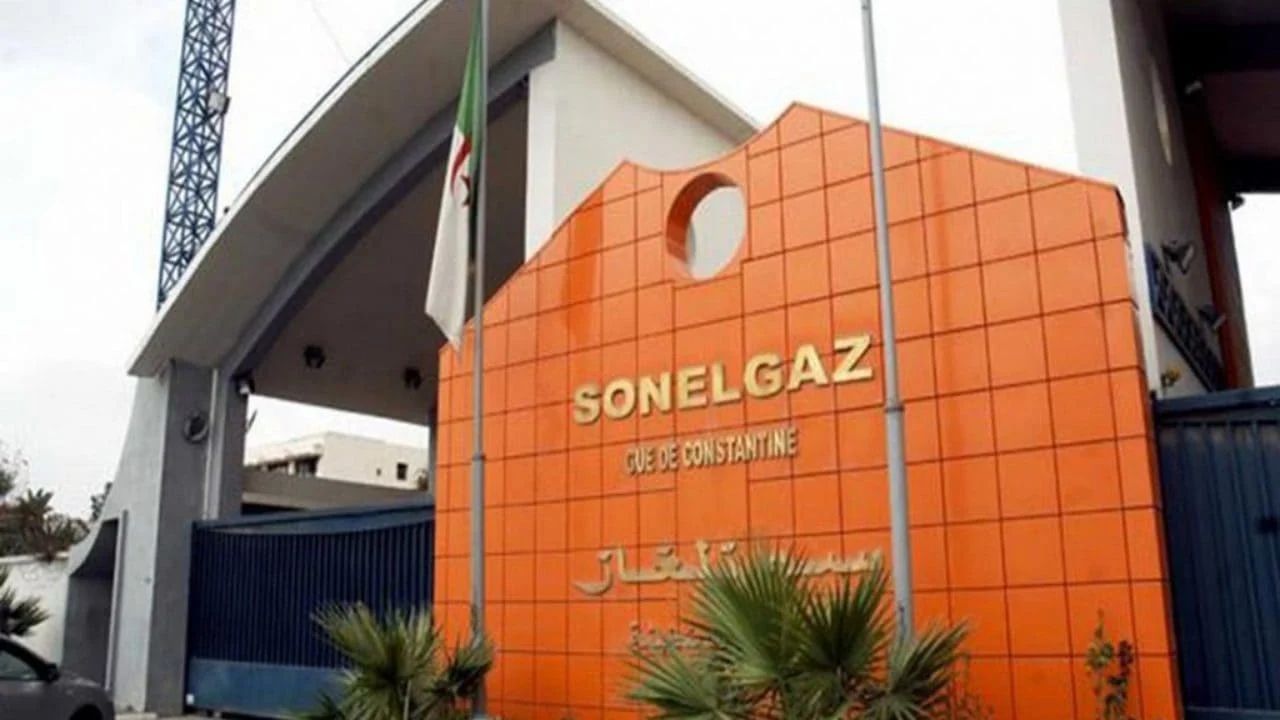Oil & Gas
ENERGY DEAL FOR THE FIRST TIME IN ALGERIA'S HISTORY.
Irene Jerry

Algeria has made history by unveiling a significant energy deal aimed at diversifying its economic growth beyond oil and gas exports. Sonelgaz, the state energy company, announced the first-ever export of electric vehicle charging poles to Italy and Libya.
This move is part of a broader strategy to expand into new energy markets while reducing reliance on traditional energy sectors. The deal underscores Algeria’s efforts to diversify its economy and enhance its presence in the global energy transition.
The export operation was initiated by Sonelgaz’s subsidiary, the Algerian Electric and Gas Industries Company (SAIG), which manufactured 433 electric vehicle charging poles at its factory. The contract with Italy and Libya includes medium-capacity poles (60 kW) and fast-charging poles (322 kW), all meeting international standards.
Sonelgaz has also secured additional agreements to export charging infrastructure to other European and Middle Eastern countries, demonstrating the company’s expanding role in the renewable energy market.
Domestically, Sonelgaz is implementing an ambitious program to install 1,000 electric vehicle charging stations by the end of 2024. This initiative supports the rising demand for electric vehicles and contributes to Algeria’s broader energy transition goals.
The project is being managed by Sonelgaz subsidiaries, focusing on the engineering, installation, and management of the charging infrastructure. With a national integration rate of 58% for the manufactured poles, the company expects this figure to rise, further strengthening Algeria’s industrial capabilities.
In addition to electric vehicle infrastructure, Sonelgaz has seen success in exporting gas turbines, contributing to a record €219 million in revenue in 2023. The export of gas turbines, particularly to countries in Africa and Latin America, showcases Algeria's growing expertise in energy equipment manufacturing.
These efforts are part of a long-term plan to diversify hard currency sources, enhance the role of locally produced components, and reduce the country’s dependence on imports.
